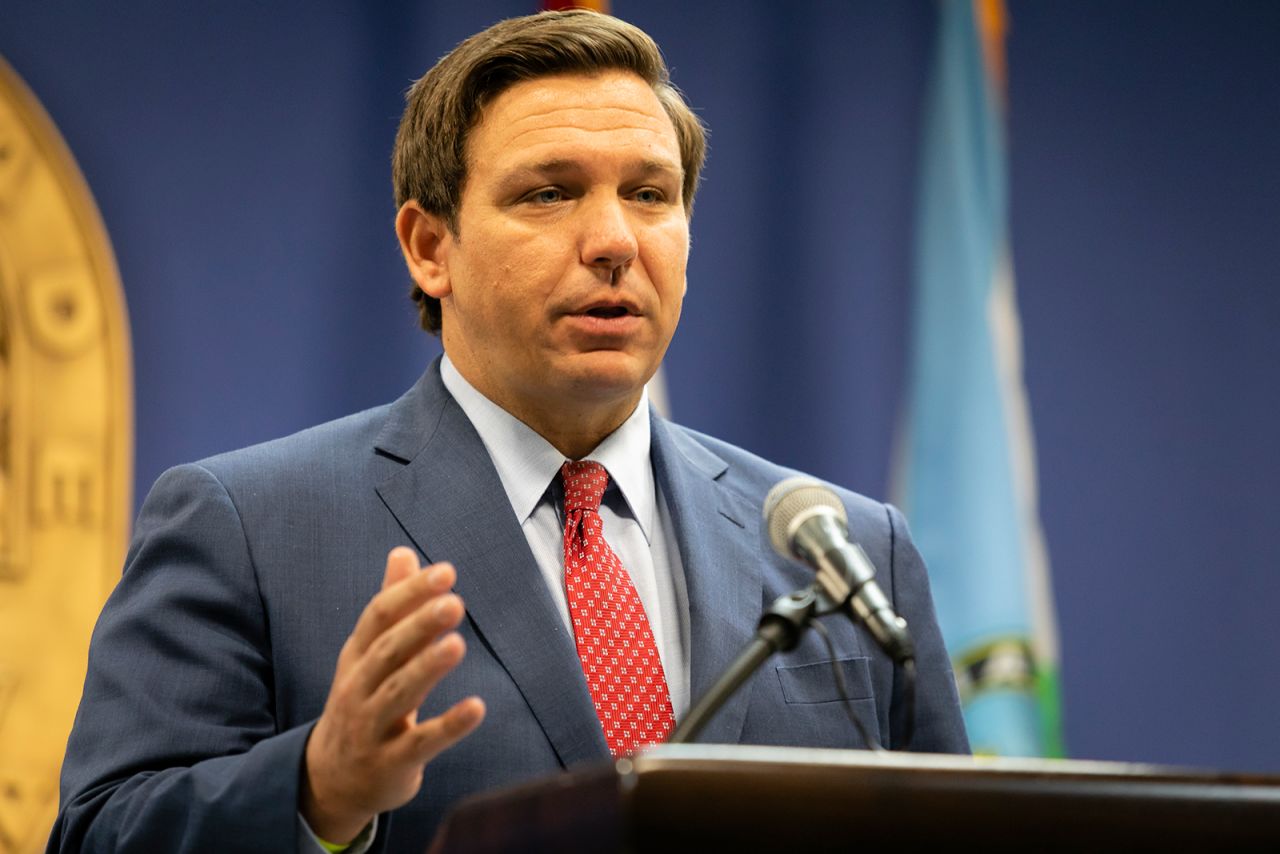The recent demand from Miami-Dade County Public Schools for parents to sign a permission slip to allow their children to listen to a book written by an African American author is a shocking reminder of how deeply entrenched fear and censorship have become in our educational system. This move, occurring during Black History Month, symbolizes a broader and more insidious battle over how America’s history is taught—and who gets to define that history.
Permission Slips for Black Voices
While Florida"s education commissioner, Manny Diaz Jr., stated that no permission slip is required for teaching African American history, the reality on the ground paints a different picture. Gov. Ron DeSantis has spearheaded a campaign against what he labels "woke" education, which has led to a chilling environment for educators. As reported by research, over 10,000 instances of book bans occurred in public schools during the 2023-2024 school year, with children’s literature featuring diverse characters disproportionately targeted.
The Historical Context of Censorship
Attempts to censor Black history are not new. This current wave of educational repression echoes historical patterns where marginalized narratives are systematically erased. The Jim Crow era serves as a potent reminder of how history can be manipulated to uphold white supremacy. As scholar Jan Gross notes in Neighbors, a collective biography that omits significant truths becomes a dangerous lie, perpetuating a cycle of ignorance and fear.
The Hypocrisy of American Ideals
From the nation’s founding documents proclaiming that “all men are created equal” to the brutal reality of enslavement, the hypocrisy embedded in American history is undeniable. The reaction to works like Nikole Hannah-Jones’ The 1619 Project, which asserts the uniqueness of American slavery, reveals deep discomfort with confronting these truths. Detractors who argue that slavery is a universal historical phenomenon miss the critical context of the American experience, where the principles of liberty were articulated while simultaneously allowing for the commodification of human lives.

June 26, 2020 coronavirus news | CNN
Education as a Tool for Resistance
The fight over how Black history is presented in schools is a microcosm of a larger struggle for civil rights and social justice. Education has always been a battleground for ideological supremacy. The narrative choices made in classrooms shape the understanding of history for future generations. It is essential to recognize that studying Black history is not merely an academic exercise; it is an act of resistance against systemic oppression.
The Consequences of Ignoring Black History
Schools that shy away from teaching authentic Black history risk perpetuating ignorance about the very foundations of American democracy. As Nikhil Pal Singh argues, the U.S. only fully embraced the principles of a liberal democracy after landmark civil rights legislation in 1965. A sanitized, whitewashed version of history fails to educate students about the struggles that have shaped our nation, leaving them ill-equipped to challenge the status quo.
Choosing a Narrative
The dialogue around Black history education is a direct reflection of societal values and priorities. As Cornel West eloquently states, the fabric of American culture is woven with both white supremacy and interracial resistance to that oppression. The decision to either confront or evade these narratives is a choice that defines who we want to be as a society. The ongoing debate over permission slips for Black literature is not merely about education; it’s a fight for the soul of America.

The Capitol - Florida Department of State

![[Video] Anti-ICE Protester Pepper Sprayed as CBP Agents Disperse Crowd in Minneapolis](/_next/image?url=%2Fapi%2Fimage%2Fthumbnails%2Fthumbnail-1768260677127-y71sb7-thumbnail.jpg&w=3840&q=75)

![[Video] Several injured as U-Haul truck drives through Iranian protestors in Los Angeles](/_next/image?url=%2Fapi%2Fimage%2Fthumbnails%2Fthumbnail-1768176682028-q95y6j-thumbnail.jpg&w=3840&q=75)
![[Video] Scuffle breaks out between Trump supporters and Anti-ICE protesters in Times Square](/_next/image?url=%2Fapi%2Fimage%2Fthumbnails%2Fthumbnail-1768165958203-hgcgb-thumbnail.jpg&w=3840&q=75)


![[Video] Gunfire between Iraqi security forces and Sadr militias in Baghdad](/_next/image?url=%2Fapi%2Fimage%2Fthumbnails%2Fthumbnail-1768343508874-4redb-thumbnail.jpg&w=3840&q=75)
